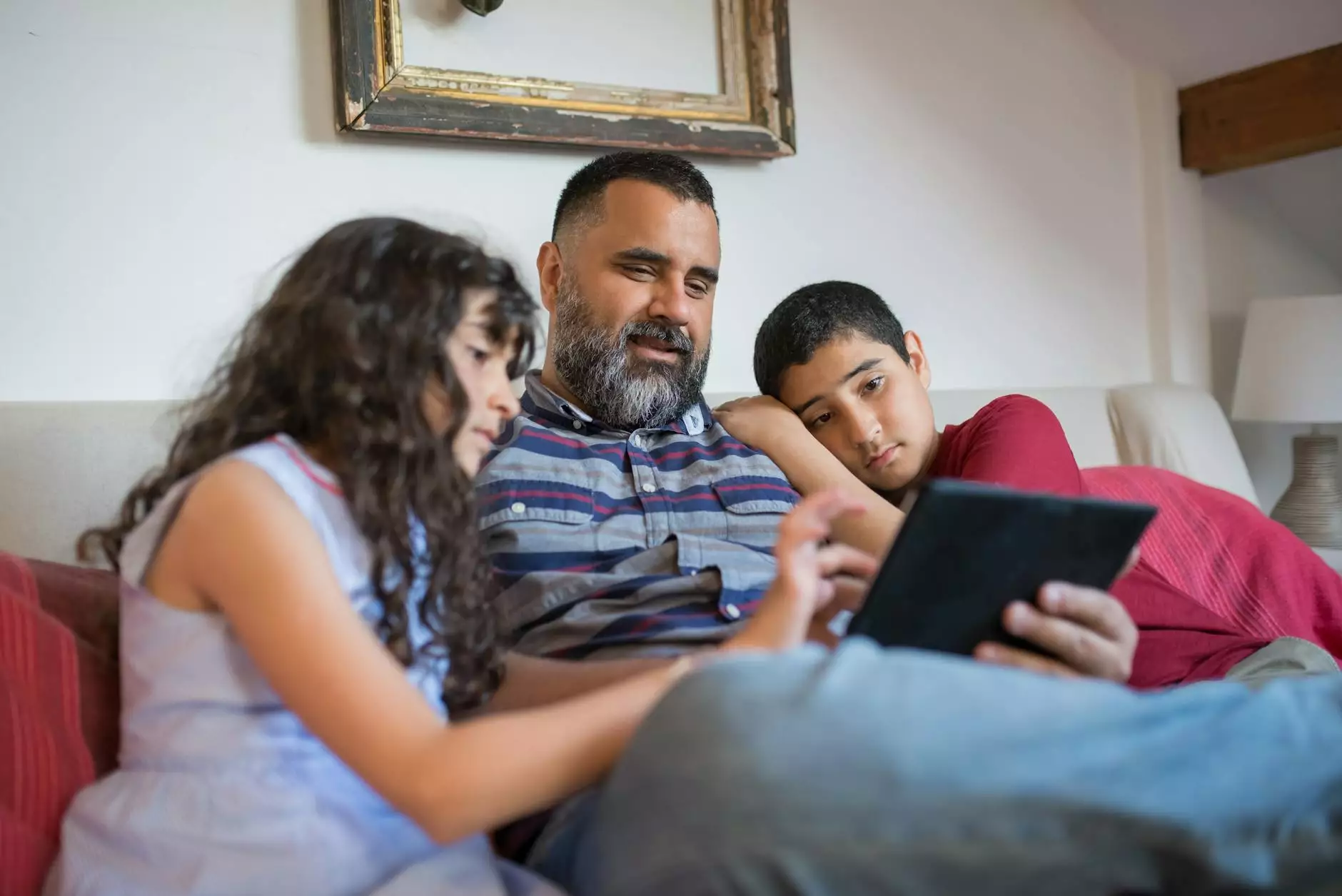Comprehensive Guide to Finding the Best Stomach Cancer Specialist

Stomach cancer is a serious illness that affects many individuals around the world. If you or a loved one has been diagnosed with this condition, finding the right specialist is critical to receiving the best possible care. In this comprehensive guide, we will explore various aspects of stomach cancer, the role of a stomach cancer specialist, and the essential factors to consider when choosing one.
Understanding Stomach Cancer
Stomach cancer, also known as gastric cancer, begins in the stomach lining and can spread to other parts of the body. This type of cancer is often diagnosed in later stages due to its subtle symptoms in the early phases. Awareness and understanding of this disease are vital for timely diagnosis and effective treatment. Here are some key points to understand:
- Causes: The exact cause of stomach cancer remains unclear, but several factors can increase risk. These include a diet high in smoked foods, salt, and pickled vegetables, as well as infections like Helicobacter pylori.
- Symptoms: Early symptoms may include indigestion, stomach pain, bloating after meals, and nausea. More advanced stages may present with unexplained weight loss, difficulty swallowing, or blood in the stool.
- Diagnosis: Diagnosis typically involves imaging tests, endoscopy, and biopsy to confirm the presence of cancer cells.
What Does a Stomach Cancer Specialist Do?
A stomach cancer specialist is an oncologist with particular expertise in diagnosing and treating gastric cancer. Their roles include:
- Diagnosis: Utilizing advanced imaging technologies and performing biopsies to accurately diagnose stomach cancer.
- Treatment Planning: Developing personalized treatment plans that may include surgery, chemotherapy, radiation therapy, or targeted therapies.
- Patient Support: Providing emotional support and resources to patients and their families throughout the treatment journey.
Finding the Right Stomach Cancer Specialist
Choosing the right stomach cancer specialist is crucial for successful treatment outcomes. Here are several factors to consider when making your decision:
1. Credentials and Experience
It is essential to verify the credentials of a stomach cancer specialist. Look for the following:
- Board Certification: Ensure they are board-certified in oncology or gastroenterology.
- Experience: Seek specialists who have extensive experience in treating stomach cancer specifically.
- Hospital Affiliations: Confirm that they are affiliated with reputable hospitals known for cancer treatment.
2. Treatment Options Available
Inquire about the treatment options the specialist offers. A comprehensive cancer center should provide:
- Surgical Options: Such as partial or total gastrectomy.
- Chemotherapy: Drug treatments that can be administered before or after surgery.
- Clinical Trials: Access to the latest experimental treatments.
3. Reviews and Testimonials
Reading patient reviews can provide insights into your potential specialist's care approach. Look for:
- Success Stories: Patients who have overcome stomach cancer.
- Care and Compassion: Clients should feel supported and cared for during their treatment.
- Professionalism: Positive feedback regarding the staff and services provided.
4. Location and Accessibility
Consider the location of the specialist's office and the associated hospital. Convenience in accessing treatment can reduce stress during your treatment journey. Additionally, check if they offer telehealth services, which can make consultations easier.
The Importance of a Multidisciplinary Approach
Stomach cancer treatment involves a team of healthcare professionals, including:
- Surgeons: For surgical intervention.
- Medical Oncologists: For chemotherapy and pharmacological treatments.
- Radiation Oncologists: For patients needing radiation therapy.
- Nurses and Nurse Practitioners: For patient care and ongoing support.
- Dietitians: To help manage nutrition, which is critical during treatment.
Having a cohesive team that collaborates on your treatment plan can significantly enhance your chances of recovery. Make sure your specialist works within a multidisciplinary environment that prioritizes patient outcomes.
Advanced Treatment Innovations
In recent years, innovations in stomach cancer treatment have led to more effective options for patients. Some of the promising advancements include:
1. Targeted Therapies
Targeted therapies focus on specific characteristics of cancer cells, allowing for more precise treatment with fewer side effects compared to traditional chemotherapy.
2. Immunotherapy
This approach leverages the body's immune system to fight cancer. Recent advancements have shown that immunotherapy can be effective for certain patients with stomach cancer, opening up new possibilities for treatment.
3. Minimally Invasive Techniques
Procedures such as laparoscopic surgery offer less invasive options for treatment, resulting in shorter recovery times and reduced postoperative pain.
Living with Stomach Cancer
A stomach cancer diagnosis can be life-changing, and it’s crucial to have robust support systems in place. Here are some tips for living with stomach cancer:
- Connect with Support Groups: Engage with others who are experiencing similar challenges through local or online support groups.
- Maintain Open Communication: Discuss your feelings and concerns with your healthcare team; they can provide resources to help.
- Focus on Nutrition: Work with a dietitian to create a meal plan that sustains your energy levels and helps manage side effects.
Conclusion
Finding the right stomach cancer specialist is vital for navigating the challenges associated with this diagnosis. By considering factors such as credentials, treatment options, and support systems, you can make an informed decision that enhances your journey toward recovery.
At oncologicalsurgery.net, we are dedicated to providing comprehensive information and resources for patients seeking expert care. Remember, you don’t have to face this journey alone; seek help, and prioritize your health and well-being.



